Dates have been an integral part of human civilization for centuries, not just as a sweet fruit to eat but as a cultural symbol for celebrations and rituals.
From ancient times to modern days, dates have played a significant role in various aspects of daily life.
In this article, we will delve into the enchanting world of dates and explore their historical significance, health benefits, and versatile uses in culinary practices.
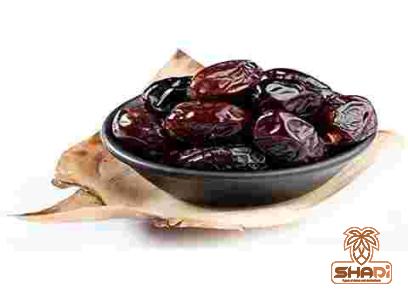
.
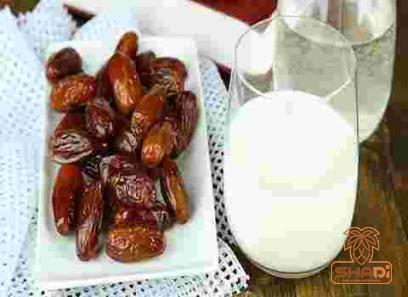 The history of dates traces back to ancient Mesopotamia, where they were considered a symbol of abundance and fertility.
The history of dates traces back to ancient Mesopotamia, where they were considered a symbol of abundance and fertility.
The earliest cultivation of dates can be dated back to over 6,000 years ago in the region that is now known as Iraq.
Dates were revered by the ancient Egyptians, Greeks, and Romans for their sweet taste and rich nutritional value.
They were often used as offerings in religious ceremonies and feasts, symbolizing prosperity and good fortune.
In Islamic culture, dates hold a special place as they are mentioned in the Quran and are believed to be the favorite fruit of the Prophet Muhammad.
During the holy month of Ramadan, Muslims break their fast with dates, following the tradition of the Prophet.
Dates are consumed not only for their nutritional benefits but also as a way to connect with the history and traditions of their faith.
..
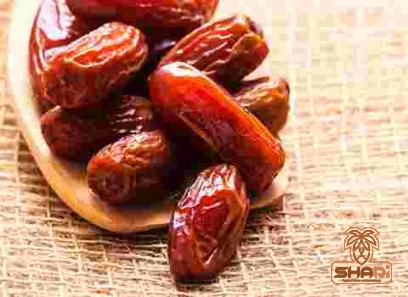 Apart from their cultural and religious significance, dates are packed with health benefits.
Apart from their cultural and religious significance, dates are packed with health benefits.
They are a rich source of essential nutrients such as fiber, vitamins, and minerals.
Dates are known to be a natural energy booster due to their high sugar content, which provides a quick source of carbohydrates for the body.
They also contain antioxidants that help neutralize harmful free radicals in the body, reducing the risk of chronic diseases.
Dates are particularly beneficial for digestive health, thanks to their high fiber content.
Fiber helps regulate bowel movements, prevent constipation, and promote a healthy gut microbiome.
Dates are also a good source of potassium, which plays a crucial role in maintaining healthy blood pressure levels and supporting heart health.
In addition to their health benefits, dates are incredibly versatile in culinary practices.
They can be enjoyed fresh as a sweet and nutritious snack or used in a variety of recipes to add natural sweetness and depth of flavor.
Dates are commonly used in Middle Eastern and North African cuisines to make dishes such as tagines, couscous, and desserts like ma’amoul and date balls.
…
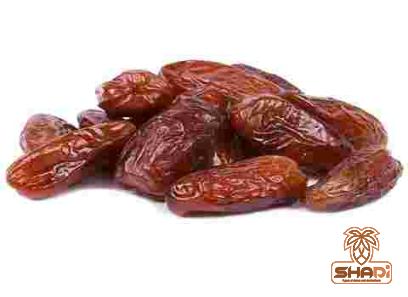 In conclusion, dates are more than just a sweet fruit – they are a symbol of tradition, health, and culinary delight.
In conclusion, dates are more than just a sweet fruit – they are a symbol of tradition, health, and culinary delight.
With their rich historical significance, abundant health benefits, and versatile uses in cooking, dates continue to captivate and inspire people around the world.
Incorporating dates into your diet not only adds a touch of sweetness but also nourishes your body and connects you to the ancient cultural heritage that dates represent.
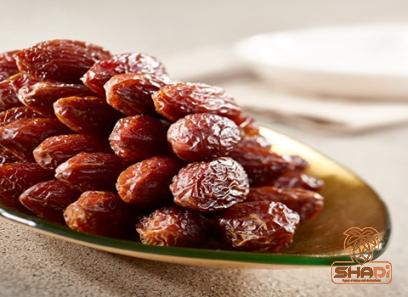
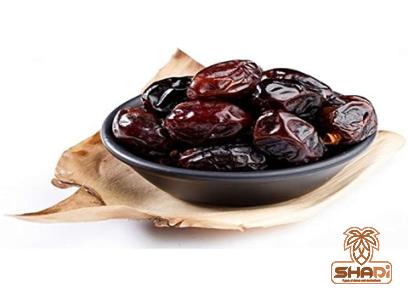
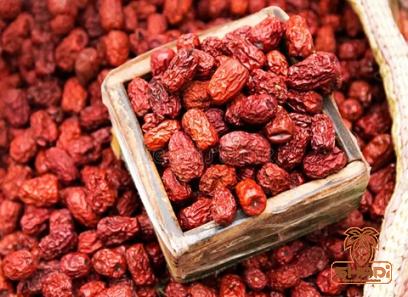
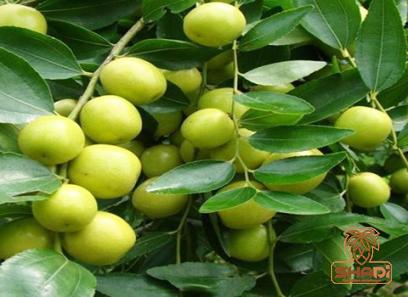
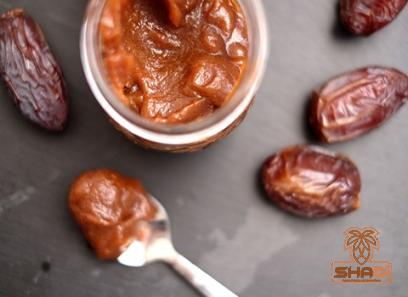
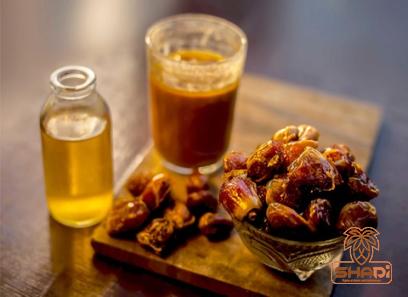
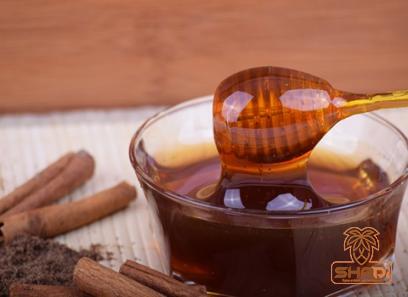
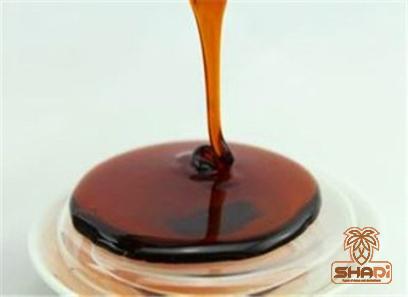

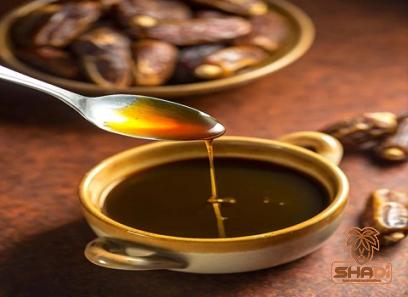
Your comment submitted.